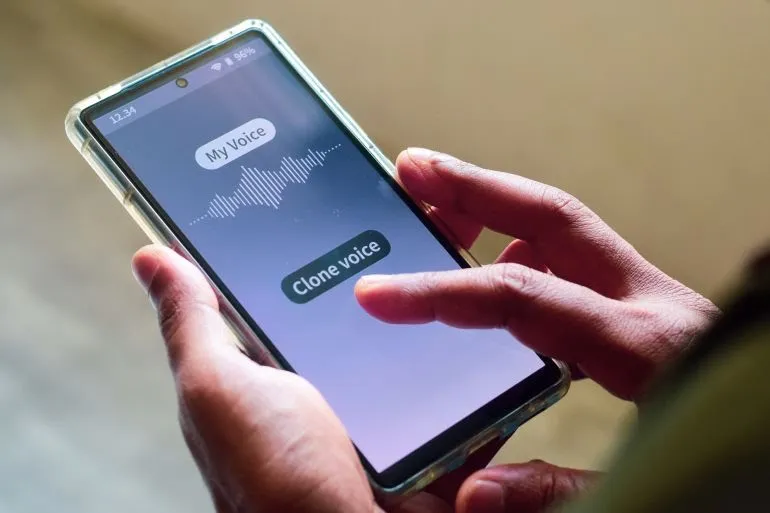Artificial intelligence is increasingly capable of generating speech that closely resembles human voices, raising questions about authenticity, ethics, and societal impact. From voice assistants to AI-generated content, this technology enables realistic communication, personalized experiences, and enhanced accessibility. However, experts warn that human-like AI voices can also facilitate misinformation, fraud, and manipulation. The evolution of AI speech underscores the need for robust regulations, transparency, and ethical frameworks. As AI continues to emulate human communication with remarkable accuracy, balancing innovation with responsibility is essential to ensure that the benefits of this technology are realized without compromising trust, security, or societal well-being.
AI Speech Becomes Indistinguishable from Human Voices
Advances in neural networks and deep learning have enabled AI systems to generate speech that mimics tone, cadence, and emotion with high fidelity. From customer service chatbots to virtual narrators, AI can replicate human voice characteristics to provide engaging and natural interactions. These capabilities have implications for education, entertainment, accessibility, and professional communication, making AI-powered voices a versatile tool across industries.
Opportunities and Applications
Human-like AI speech offers numerous benefits. It can enhance personalized learning experiences, assist individuals with speech impairments, provide real-time translation, and deliver immersive entertainment experiences. Businesses can use AI-generated voices for customer engagement and content creation at scale, reducing operational costs while maintaining quality and consistency.
Ethical and Societal Concerns
The technology also raises serious concerns. AI-generated voices can be exploited for scams, misinformation, deepfake audio, or impersonation. The realistic nature of the speech challenges our ability to distinguish authentic human communication from AI-generated content, necessitating vigilance in digital literacy and security measures. Experts urge the development of ethical standards, watermarking, and detection tools to mitigate potential misuse.
Regulation and Responsible Innovation
Balancing innovation with accountability is critical. Policymakers, technology developers, and society must collaborate to establish regulations and ethical guidelines for AI voice usage. Transparency in labeling AI-generated content and clear consent protocols can help maintain trust, while continued research ensures AI speech serves as a force for societal good rather than a tool for deception.
Looking Ahead
As AI continues to emulate human speech with increasing realism, society must navigate the intersection of technological progress and ethical responsibility. By fostering awareness, accountability, and innovation, we can harness the potential of AI-generated voices while safeguarding authenticity, security, and public trust in communication.

Comments